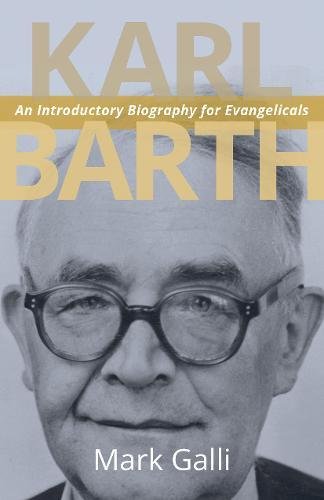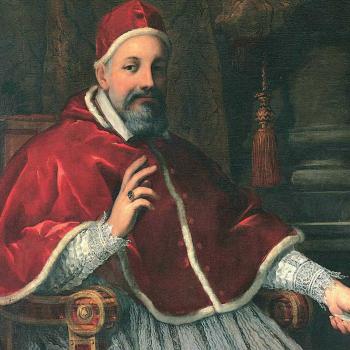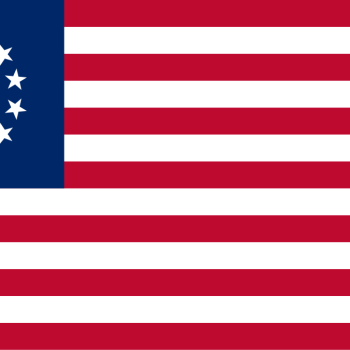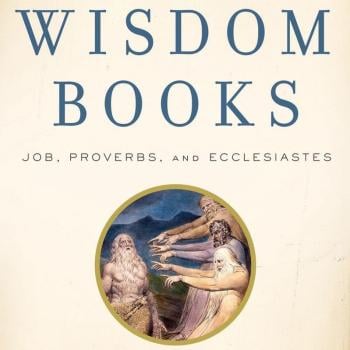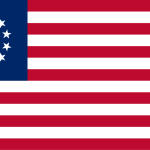Q. In the wake of Charlottesville and the neo-Nazi, white supremacist, KKK rallies (with chants of blood and soil, not to mention anti-Semitic slogans), it seems there are some lessons to be learned from what happened in Germany in the early 30s with the rise of a dictator who wanted to eliminate all opposition and disseminate propaganda to counter ‘fake news’ which in fact was not fake at all. Barth admitted he was late to see the danger of the syncretism of civic religion in a nationalist vein with Nazism. If Barth were in America today, what do you think he would say about our current malaise and ferment? Would he urge us to see that civic religion is a form of natural theology?
A. He actually saw the syncretism early on, but he thought Hitler such a buffoon, he didn’t take it that seriously. I hesitate to compare Hitler to Trump, as many do today. They are beings of a different order, it seems to me. To not put too fine a point on it, I don’t think Trump is capable of moving any agenda of his forward, nor does he have the evil streak that was apparent in Hitler early on.
But in times like these, people do long for a strong leader who seems to grasp their disaffection with the current order and offers to shape a new order that takes their prejudices and experiences into account. To me, it’s clear that liberalism has overstepped and alienated a large segment of our population, many of whom are very conservative evangelical Christians. Before we sweepingly condemn our brothers and sisters of following an idol in Trump (which has happened more times than I can count), we would be wise to read Strangers in Their Own Land: Anger and Mourning on the American Right by Berkeley sociologist Arlie Russell Hochschild, as well as The Righteous Mind: Why Good People Are Divided by Politics and Religion, by Jonathan Haidt. Hochschild interviewed Tea Party supporters in Louisiana—many of whom are Baptists and Pentecostals—trying to understand where they are coming from. Haidt explains the moral foundations of people on the left and right. All this to say, it’s more complicated than running after false gods or adopting a civil religion.
That being said: every country needs some sort of civil religion. You don’t want a country that completely eliminates God from the picture. Otherwise, there is no transcendent judge that stands above nation. It’s when civil religion begins to stand above God—that’s the problem. That is, when civil religion does nothing but bless the nation. Martin Luther King Jr. was a great example of how to use civil religion, appealing to the divine blessing of freedom and equality, and calling our nation to pursue those truths as God is our witness.


